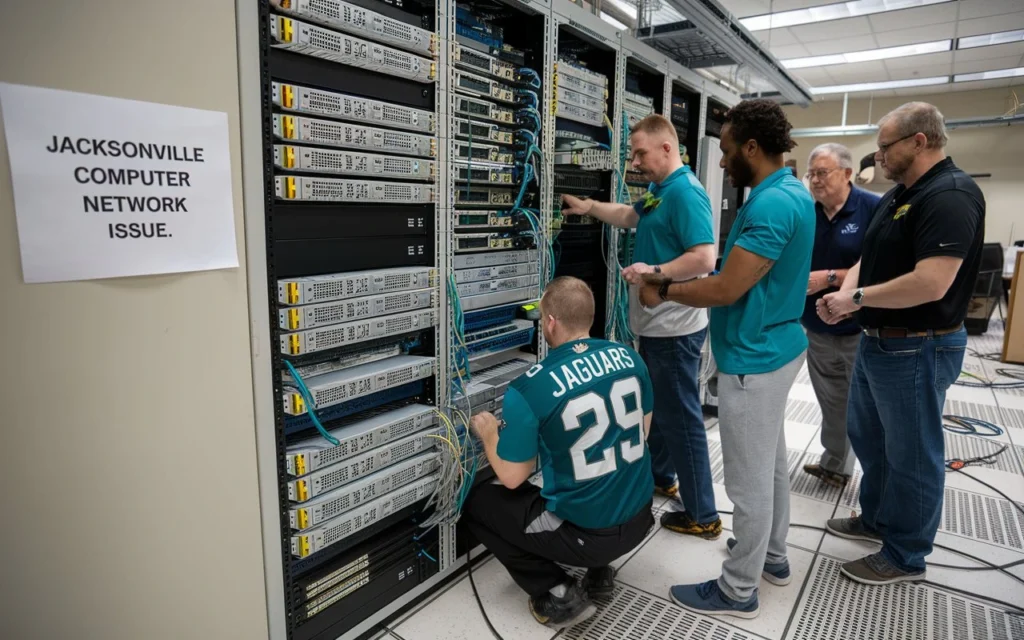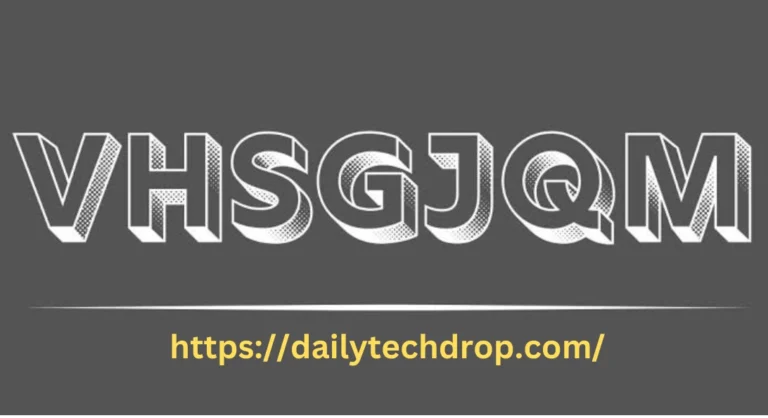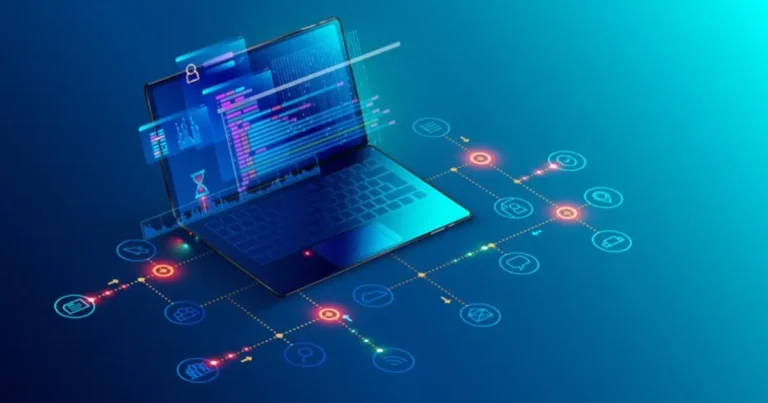5 Critical Facts About Jacksonville Computer Network Issues and the Path Forward
Jacksonville, Florida, is a bustling city with a growing reliance on digital infrastructure. Yet, like many urban centers, it faces significant computer network issues that disrupt businesses, government services, and daily life. From hardware failures to outdated systems, these problems can cause delays, financial losses, and frustration. In this article, we explore five critical facts about Jacksonville computer network issues, their impacts, and actionable steps to move forward. Written in clear, engaging language, this guide aims to inform residents, business owners, and IT professionals about the challenges and solutions ahead.
Why Jacksonville Computer Network Issues Matter
Network disruptions in Jacksonville affect everyone—residents trying to pay bills online, businesses processing transactions, and city services managing emergencies. These issues aren’t just technical glitches; they ripple through the economy and daily routines. Understanding the root causes and solutions is key to building a more connected and resilient city. Let’s dive into the five critical facts you need to know.
Fact 1: Hardware Failures Are a Leading Cause of Network Disruptions
One of the biggest culprits behind Jacksonville computer network issues is hardware failure. In September 2024, a major outage hit city services, including jacksonville.gov and the 630-CITY helpline. The cause? A critical piece of aging hardware broke down, triggering a chain reaction that halted online access to permits, court documents, and emergency communications.
- Why it happens: Many municipal and business networks rely on outdated equipment. Old routers, switches, and servers struggle to handle modern data demands.
- Impact: Residents couldn’t access vital services, businesses faced delays, and the city spent heavily on emergency repairs.
- Example: The Duval County Courthouse reverted to paper processes, slowing down legal proceedings.
Hardware failures aren’t unique to city systems. Small businesses and homes also deal with faulty modems or routers, especially in areas with uneven infrastructure upgrades. Regular maintenance and timely upgrades can prevent these costly breakdowns.

Fact 2: Outdated Infrastructure Struggles with Growing Demand
Jacksonville’s rapid growth as a business and tech hub has outpaced its network infrastructure. Many parts of the city still rely on legacy systems—think copper cables and old DSL connections—that can’t keep up with today’s data-heavy applications like streaming, cloud computing, and remote work.
- The challenge: Aging infrastructure leads to slow internet speeds, frequent outages, and bandwidth bottlenecks, especially during peak hours.
- Who’s affected: Schools, hospitals, and e-commerce businesses feel the pinch when networks lag or crash.
- Local context: Neighborhoods like Riverside and Springfield often report sluggish connections due to outdated wiring in older buildings.
The rollout of 5G and fiber-optic networks offers hope, but progress is uneven. For example, while AT&T Fiber now covers much of Southside and Downtown, rural areas like Baldwin still rely on slower DSL. Upgrading infrastructure citywide is a must to meet growing demands.
Fact 3: Severe Weather Amplifies Network Vulnerabilities
Jacksonville’s location makes it prone to hurricanes, thunderstorms, and flooding, all of which wreak havoc on computer networks. Storms can damage cables, flood server rooms, or cause power outages that knock systems offline.
- Recent example: Hurricane-prone seasons often lead to connectivity drops, as seen in past outages during heavy rains.
- Business impact: Retail stores lose sales, and remote workers struggle with dropped Zoom calls.
- Resident woes: Families face disruptions in online banking, telehealth, or school assignments.
Weather-related issues highlight the need for resilient systems. Burying critical lines, using backup power supplies, and investing in weather-resistant hardware can reduce these risks. For instance, some ISPs now use underground fiber to protect against storm damage.
Fact 4: Cybersecurity Threats Are a Growing Concern
While the September 2024 outage wasn’t caused by a cyberattack, it raised alarms about Jacksonville’s vulnerability to hackers. The city has seen ransomware attacks in the past, like the 2022 incident at a government agency that locked systems and delayed operations.
- Common threats: Phishing, malware, and DDoS attacks target weak networks, especially those with outdated software or poor security protocols.
- Who’s at risk: Small businesses, schools, and individuals with unsecured Wi-Fi are prime targets.
- Prevention tips:
- Use strong passwords and WPA3 encryption.
- Update routers and devices regularly.
- Train employees to spot phishing emails.
Jacksonville’s port and economic activity make it a hotspot for cybercriminals. Strengthening cybersecurity through real-time monitoring, firewalls, and user education is critical to safeguarding networks.
Fact 5: Lack of Redundancy Increases Downtime Risks
Many Jacksonville networks lack backup systems, meaning a single failure can cause widespread outages. During the 2024 city outage, the absence of redundant systems prolonged disruptions, forcing manual workarounds like paper-based processes at the courthouse.
- What’s missing: Backup servers, failover mechanisms, or secondary internet connections aren’t standard in many local setups.
- Consequences: Downtime costs businesses an estimated $5,600 per hour in lost productivity, per local reports.
- Solution: Invest in redundancy, like cloud backups or dual ISPs, to ensure continuity.
Redundancy isn’t just for big organizations. Home users can benefit from mobile hotspots or mesh Wi-Fi systems to stay connected during outages. Planning for failure is the best way to avoid it.

The Path Forward: Solutions for Jacksonville Computer Network Issues
Addressing Jacksonville computer network issues requires action from residents, businesses, and city leaders. Here are practical steps to build a stronger, more reliable digital future:
Upgrade Infrastructure Citywide
The city and ISPs must prioritize modernizing networks. Expanding fiber-optic coverage, replacing copper lines, and rolling out 5G towers will boost speed and reliability. JEA’s fiber expansion map shows progress, but more investment is needed, especially in underserved areas.
- Actionable tip: Check if your ZIP code qualifies for fiber upgrades at jea.com.
- For businesses: Partner with ISPs like AT&T or Comcast for enterprise-grade connections.
Invest in Regular Maintenance
Routine checks can catch problems before they escalate. Businesses should schedule quarterly audits of hardware and software, while residents can reboot routers monthly to clear glitches.
- Pro tip: Use free tools like Ookla Speedtest to monitor your connection and spot issues early.
- City role: Implement mandatory maintenance for municipal systems to avoid repeat outages.
Build Resilient Systems
Weather-proofing and redundancy are non-negotiable in a storm-prone city. ISPs should bury lines, and businesses need uninterruptible power supplies (UPS) to stay online during outages.
- For homes: Consider a mesh Wi-Fi system like Google Nest for better coverage.
- For organizations: Cloud-based backups ensure data isn’t lost during disruptions.
Strengthen Cybersecurity
With cyber threats on the rise, education and tools are key. The Jacksonville Cybersecurity Task Force offers free resources for businesses and residents to learn about secure practices.
- Quick steps:
- Enable two-factor authentication on all accounts.
- Avoid public Wi-Fi for sensitive transactions.
- Use antivirus software like Norton or McAfee.
Foster Community Collaboration
Solving network issues takes teamwork. Local government, ISPs, and IT firms should share resources and expertise. Community forums can gather feedback to prioritize upgrades where they’re needed most.
- Get involved: Attend city council meetings to advocate for better connectivity.
- Business tip: Join local tech groups for insights on reliable vendors.
Answers to Common Questions About Jacksonville Computer Network Issues
Drawing from Google’s “People Also Ask” and “Related Searches,” here are answers to questions Jacksonville residents are asking:
- Why is my internet slow in Jacksonville?
Slow speeds often come from outdated routers, network congestion, or old wiring. Run a speed test and contact your ISP to check for upgrades in your area. - How can I protect my network from storms?
Use surge protectors, invest in a UPS, and consider a mobile hotspot as a backup during outages. - Are cyberattacks common in Jacksonville?
Yes, especially targeting businesses and government agencies. Update your software and use strong passwords to stay safe. - What’s being done to fix city network issues?
The city is working with federal agencies and ISPs to replace old hardware and add redundancy, but progress takes time.
Why This Matters for Jacksonville’s Future
Jacksonville’s economy thrives on connectivity. From port logistics to small businesses, reliable networks are the backbone of growth. Ignoring computer network issues risks falling behind tech-forward cities like Austin or Raleigh. By addressing hardware failures, upgrading infrastructure, and preparing for weather and cyber threats, Jacksonville can become a model for digital resilience.
For residents, better networks mean smoother access to online services, education, and remote work. For businesses, it’s about staying competitive and minimizing downtime. And for the city, it’s a chance to rebuild trust after outages like the one in 2024.
Take Action Today
Don’t wait for the next outage to act. Here’s how you can start:
- Check your network: Test your internet speed and update your router if it’s over three years old.
- Stay informed: Follow city updates on jacksonville.gov for news on infrastructure projects.
- Get help: Contact local IT firms like First Coast Tech Solutions for expert support.
Jacksonville computer network issues are a challenge, but they’re not insurmountable. With the right investments and community effort, the city can build a network that’s fast, secure, and ready for the future. Share this guide with friends or colleagues to spread the word, and let’s keep Jacksonville connected.







